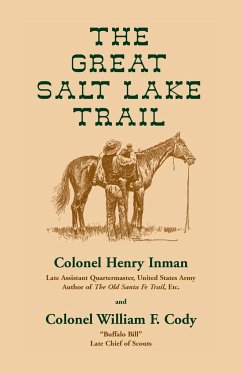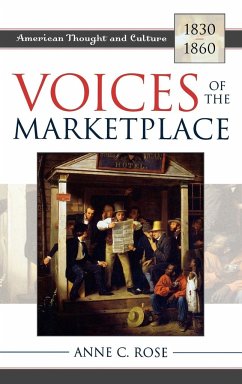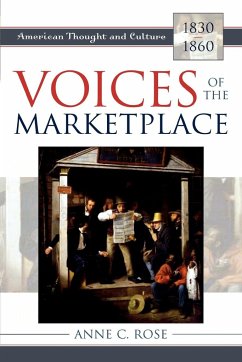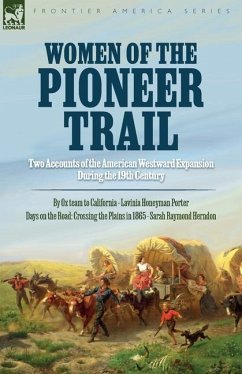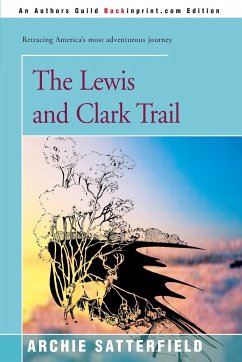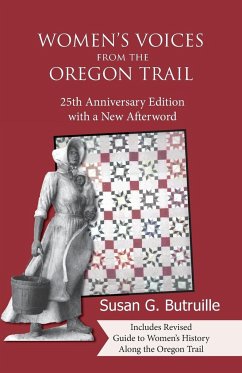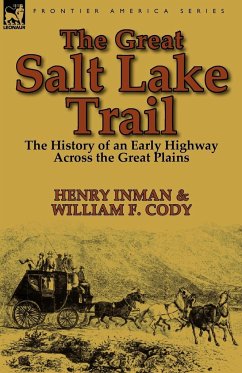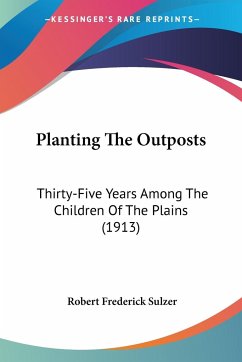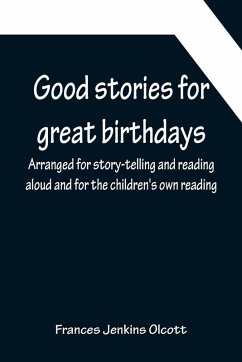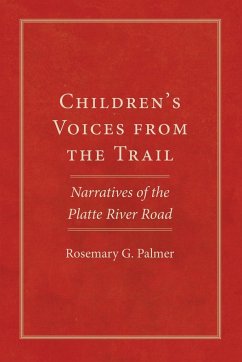
Children's Voices from the Trail
Narratives of the Old Platte River Road
Versandkostenfrei!
Versandfertig in 1-2 Wochen
30,99 €
inkl. MwSt.

PAYBACK Punkte
15 °P sammeln!
A scholarly work on children's narratives of life on the overland trails, Children's Voices from the Trail is an invaluable source book for researchers and historians of the overland experience. Although at least one-fifth of the approximately 350,000 persons who followed the Platte River road to South Pass and on to destinations west were young people, their story is just beginning to be told. This book is a must for any overland trails library. Extracts from diaries, journals, letters, and reminiscences are woven into the analytical framework developed by the author to interpret the experien...
A scholarly work on children's narratives of life on the overland trails, Children's Voices from the Trail is an invaluable source book for researchers and historians of the overland experience. Although at least one-fifth of the approximately 350,000 persons who followed the Platte River road to South Pass and on to destinations west were young people, their story is just beginning to be told. This book is a must for any overland trails library. Extracts from diaries, journals, letters, and reminiscences are woven into the analytical framework developed by the author to interpret the experience of youngsters moving west, either with their families or on their own. Twenty-three diaries, letters, and journals of young pioneers and 430 reminiscences of adults who made the trek under the age of sixteen are included in the analysis. Three trails which used the Platte River Road are considered: the Oregon, California, and Mormon trails between 1841 and the 1869 completion of the transcontinental railroad. Nineteenth-century conventions, gender, home and family, religion, education, and writing are discussed in the introduction as influences on the children's accounts. Relationships with parents and siblings, train members, and others on the trail are considered when the original accounts are analyzed. What was left out of the accounts is often as important as what is included, and the author devotes an entire chapter to this subject. By comparing what other travelers said during the same emigration season, the topics recounted by the children can be better understood. A bibliography of 24 pages reflects the extensive research by the author of both sources and contemporary literature on the subject. Appendixes containing data on places of birth, age at the time of the trek, and the year of crossing are provided. The child's perspective was unique, and varied. Young writers can present the pleasure/play, youthful sensory experiences, or drama of the trail. Reminiscences of pioneer children can fill in what contemporary accounts overlooked. These reminiscences are divided into "I remember" and "we remember" experiences and ages 1-6, 7-12, 13-15 to more accurately extract the child's perspective. All of these pieces fit together to make a more complete picture of the westward trek. Themes important to young pioneers emerge in contemporary and reminiscent accounts. Responsibilities were demanded by adults of the young travelers, and these duties occupy a major place in their accounts. Fears are often mentioned, particularly when death was confronted on the trail. In spite of duties and fears, young people showed great optimism in their writings.





